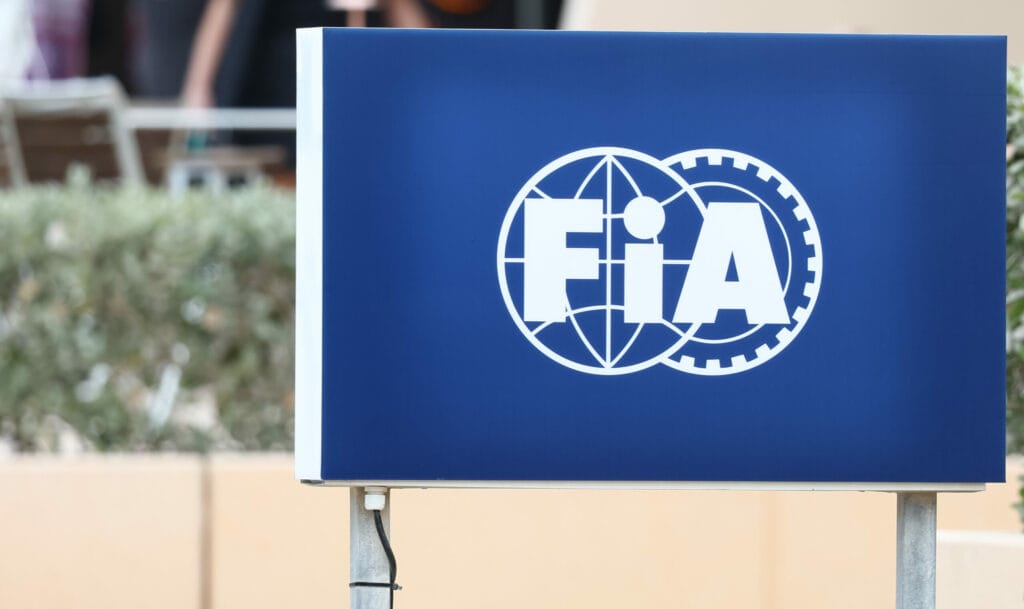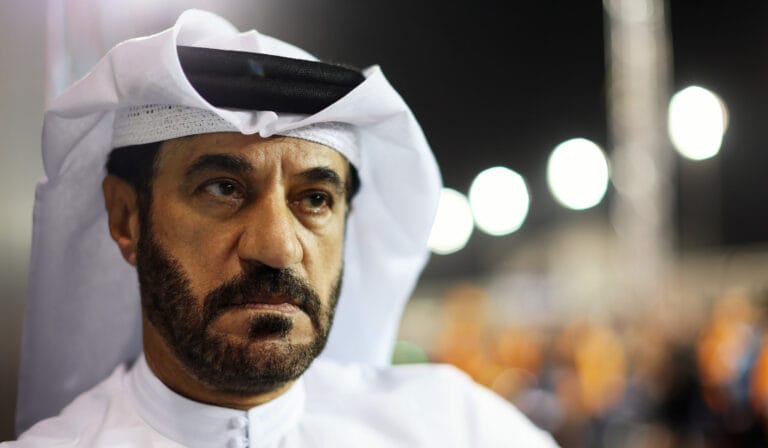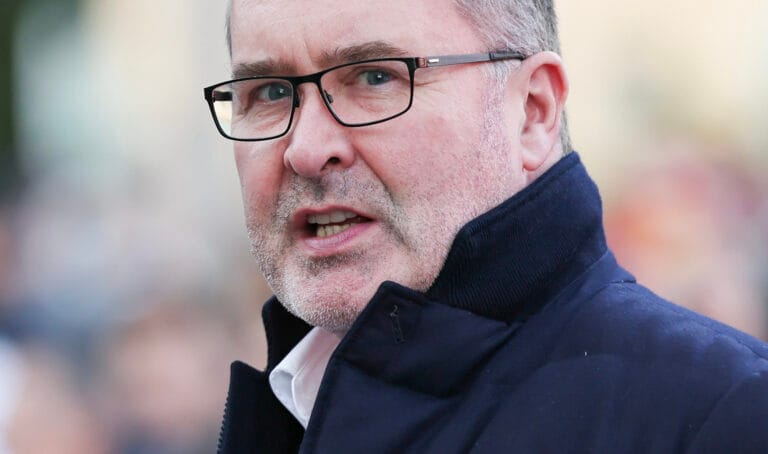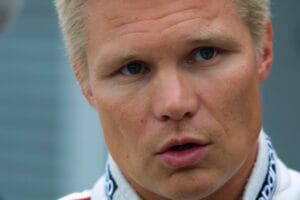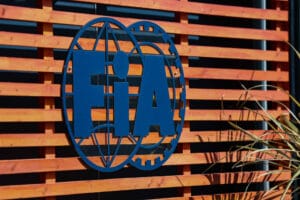Until recently, Robert Reid served as the vice president of the FIA, but he stepped down in the lead-up to the Bahrain GP. In a brief statement, he cited a ‘fundamental breach in the governance norms’ of the organization. He has since published a more extensive statement, indirectly criticizing the leadership of the controversial FIA president, Mohammed Ben Sulayem.
Reid emphasizes that his resignation was not driven by personal or political motives, but by principles. “I took on this role with a clear mandate: to help lead a transparent, accountable, and member-led organization,” he stated. He saw this mandate increasingly under pressure in recent years. He repeatedly mentions a lack of communication and transparency from the top of the FIA.
“It is interesting, but not surprising, that many people privately expressed their support to me, but indicated that they did not dare to do so publicly for fear of reprisals,” Reid said. “That speaks volumes. From other quarters, the silence was deafening.”
Paying the Price for Upholding Principles
Reid describes how he was increasingly ostracized after expressing his concerns about the governance culture within the FIA. A specific instance was his refusal to hastily sign a non-disclosure agreement prior to a meeting of the World Motor Sport Council in March. He requested a delay to seek legal advice, but this request was denied. Consequently, he was excluded from the meeting, his FIA email address was blocked without notice, and only after a letter from his lawyer did he receive a response. “That was a deliberate decision, I was told,” Reid revealed. “Expressing legitimate concerns was simply not appreciated. I paid the price for my principles.”
Lack of Transparency
According to Reid, the breaking point was the FIA’s decision to take on the promotion of the World Rallycross Championship itself. Reid cites this as a clear example of conflict of interest, with the FIA acting as both a sports administrator and a commercial entity. “I repeatedly warned of legal risks and a lack of due diligence,” the Scot declared. “But I was not heard.”
“In the end, I had no choice but to seek external legal advice and support,” Reid continued. “Only then did I get a response, but unfortunately, it lacked the transparency I had hoped for. I was briefly assured that the governance process was sound and that there was no legal risk. I spoke up when I felt that fundamental principles were being ignored,” Reid summarized. “I did so respectfully, constructively, and always with the aim of protecting the integrity of the sport. But this was clearly not appreciated. I have personally experienced how this can lead to exclusion rather than dialogue. I have no regrets, but I do believe I was treated unfairly.”


